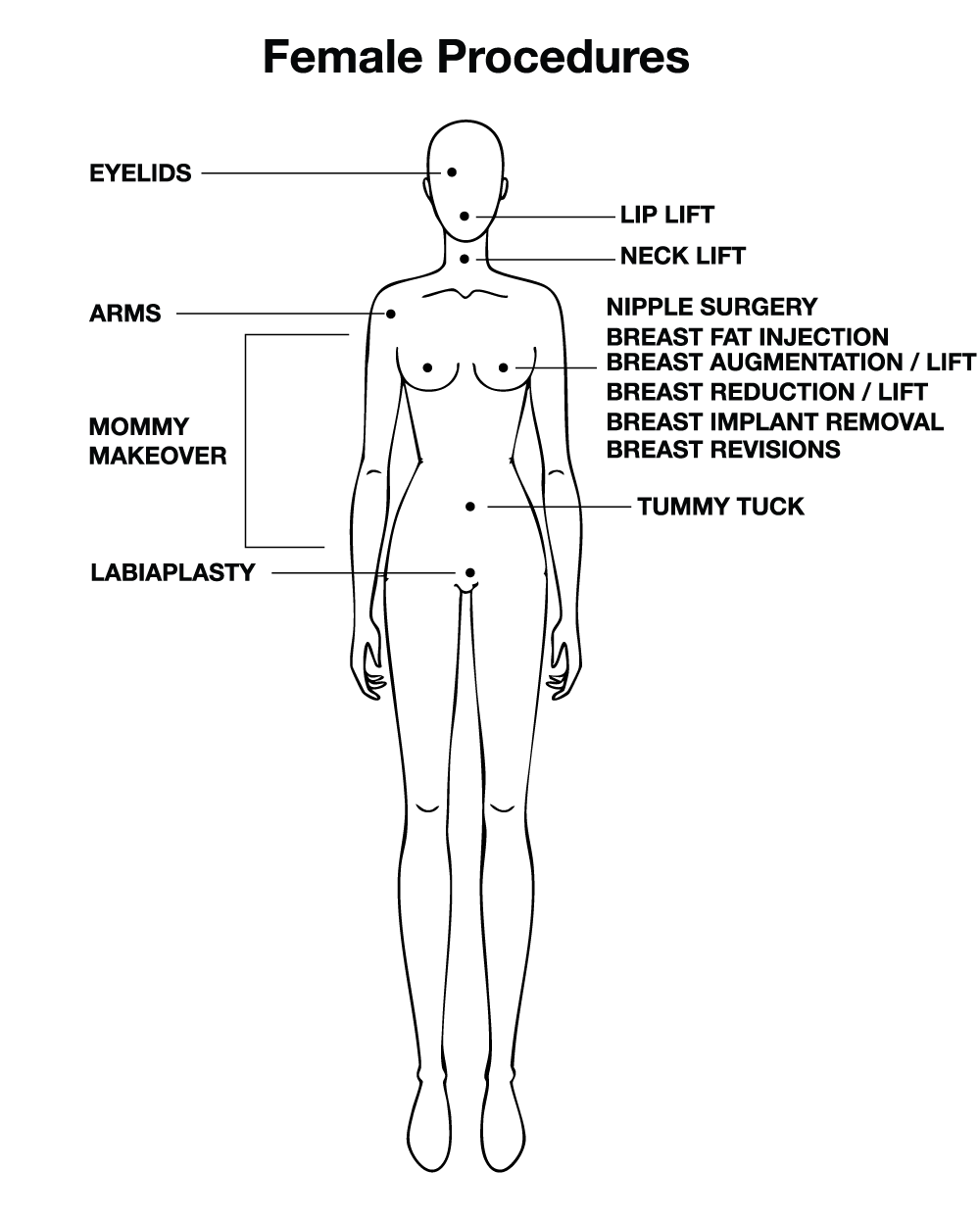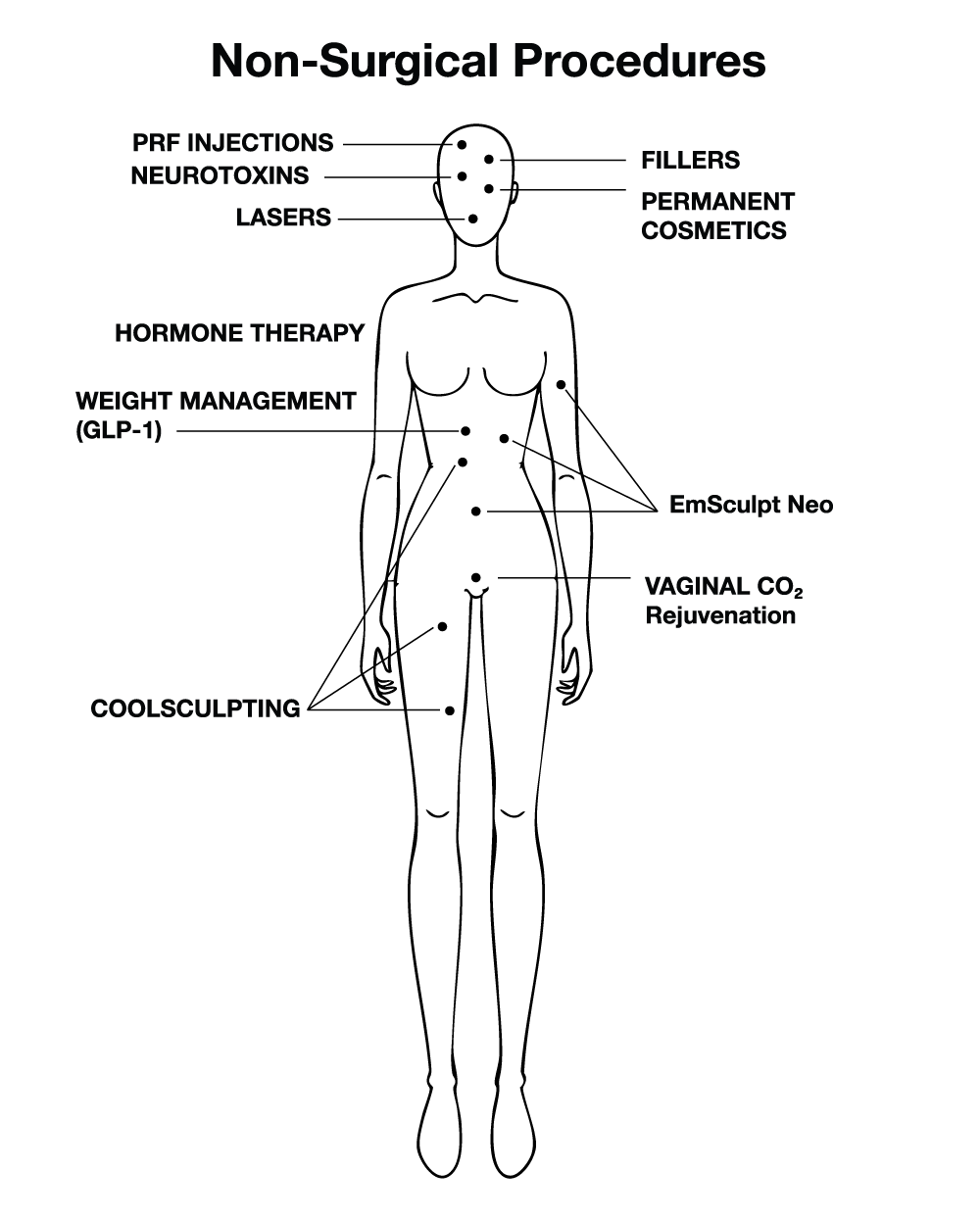
Trusted Care.
Renewed Confidence.
Female Plastic Surgeon in Salt Lake City
Our Approach
Our core goal is to make you feel better. Through precise, less traumatic techniques, we deliver a natural aesthetic with minimal downtime. Every detail of your care is designed to support a smooth recovery and deliver a beautifully natural result. Our mission is to empower confidence by enhancing what’s already beautifully you.
What Makes Dr. Keen Different?
-
Low-Trauma Techniques
Minimal bruising. Less swelling. Easier recovery. Our surgical precision means you heal gently and naturally.
-
Natural-Looking Results
We don't chase trends. Our work enhances what is already beautiful…You
-
Superior Patient Care
From consult to recovery, your comfort and confidence are our priority.
A Look at Our Services












